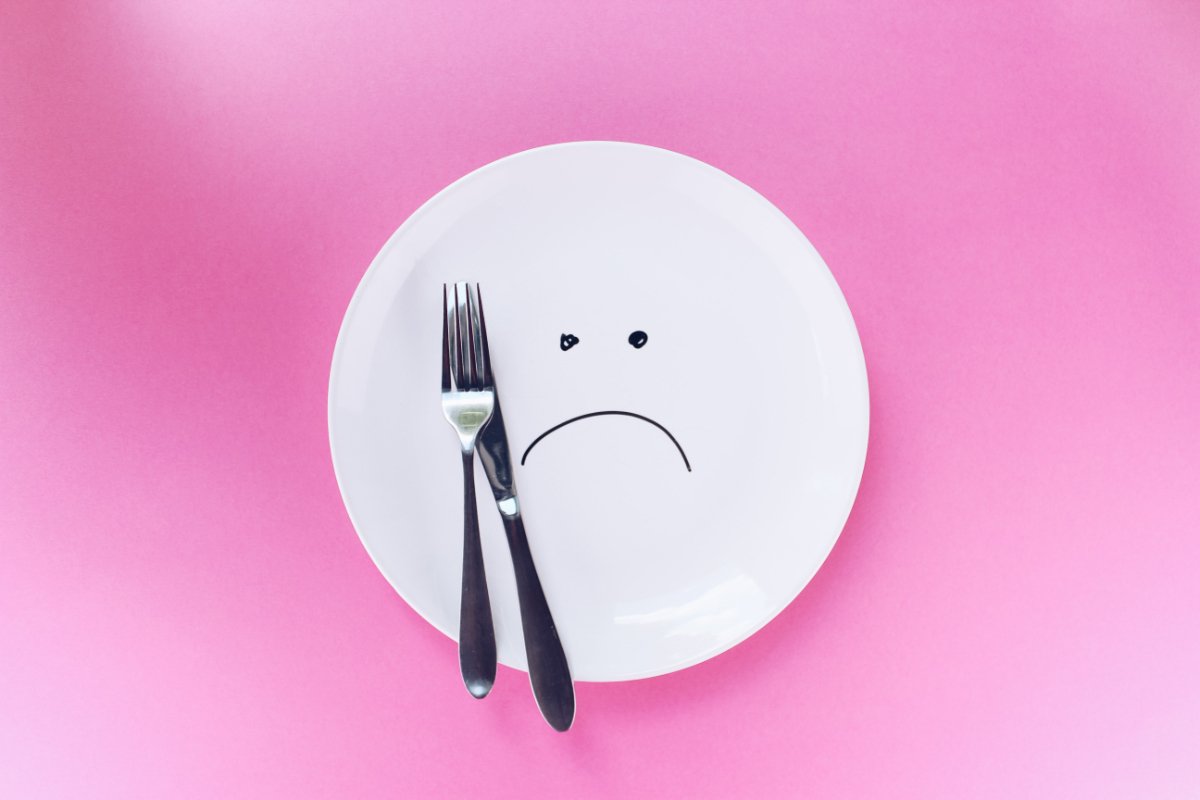It’s great when you find a plan that works for you, but identifying ourselves with what we eat may be causing a harmful ‘us’ and ‘them’ mentality.
Every diet that has gotten traction in my lifetime, an unconscionably long time, has boiled weight loss down to one thing. Sure, the thing changes, but the oneness doesn't. You know the litany. Fat, carbs, sugar, meat, gluten.
There are two problems with one-thing-itis. One’s obvious, and the other, not so much.
First, the obvious one: it's not an effective weight-loss strategy. Decades of research shows failure after failure. People lose weight in the first six months, or maybe the first year or two, and then they stop. And then they regain.
The proof of the failure of these diets is all around us, in obesity rates that just won’t quit. If any one thing actually was the answer for everyone who’s trying to be thinner, we would have reversed the trend already. (There are, of course, health implications that aren't weight-related, a column for another day).
Yet the media – particularly social media – is filled with people shouting from the rooftops that the diet that worked for them is the One True Diet, the answer to our prayers. Which brings me to the less obvious problem with one-thing-ness, which I will let Dr Seuss explain.
Remember the Sneetches? “Now, the Star-Belly Sneetches/ Had bellies with stars/ The Plain-Belly Sneetches/ Had none upon thars.“
The starred Sneetches decide they're the better Sneetches and want nothing to do with the Plain-Bellies. Enter entrepreneur Sylvester McMonkey McBean, with a machine to put stars on bellies. The Plain-Bellies pay to get stars upon thars, to the horror of the Star-Bellies, who then pay McBean to get their stars taken off. And so on.
If you're on Twitter, perhaps you've noticed people who identify themselves by their diet. Sometimes, it's right there in their profile. Sometimes, it's even in their name – a little C (for carnivore) or V (for vegan) in a circle. Sound familiar?
I am not unsympathetic to this. I have lost weight, and kept it off, and it's a very compelling experience. The tendency to believe that the thing that worked for you will work for others is strong, and I understand wanting to shout it from the rooftops. I've done it!
But making your diet part of your identity has unfortunate repercussions: It's bad for discourse, and it's bad for you. Unfortunately, we're hard-wired to do it.
Katherine Kinzler is a University of Chicago psychology professor and the author of How You Say It: Why You Talk the Way You Do – And What It Says About You. She studies why Sneetches care about the stars on the bellies – er, I mean in-group and out-group thinking – by studying children and infants.
“Human infants have to learn about what to eat,” she says, “and a lot of what we learn is through social modelling.” If each of us had to learn what was safe by trial and error, we would be in big trouble. “You're not trying all the foods, you're mimicking other people.”











